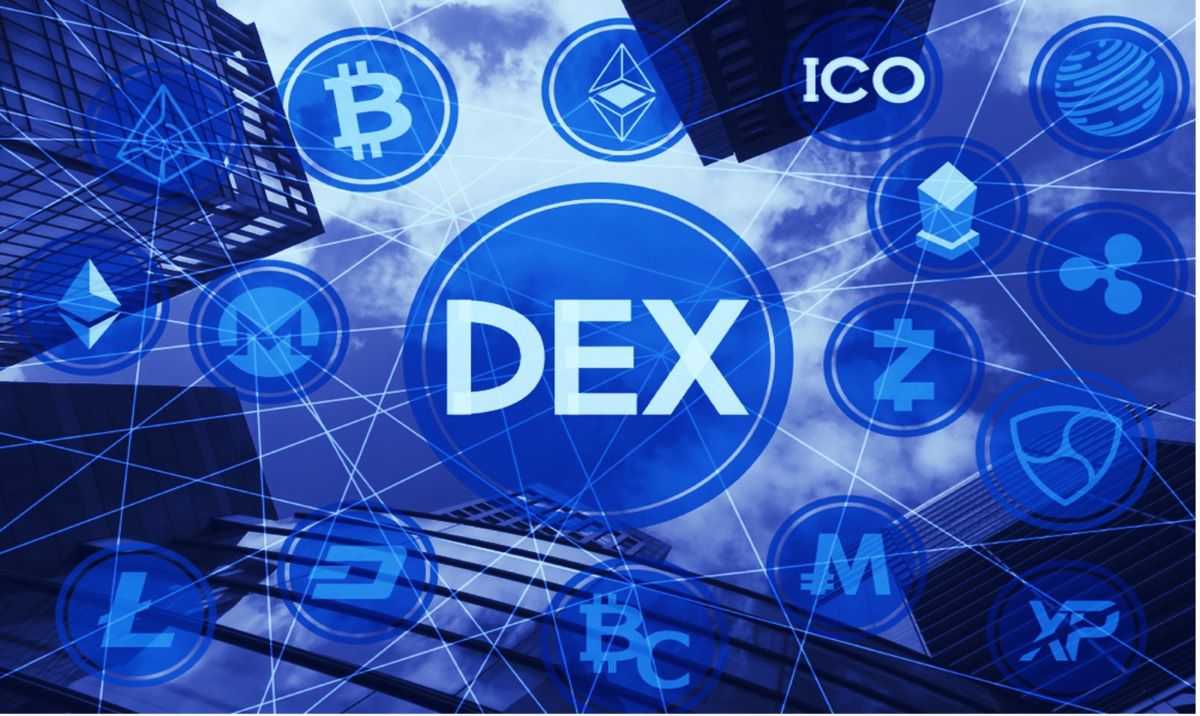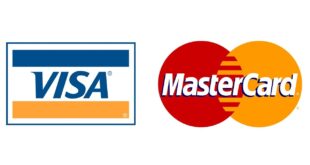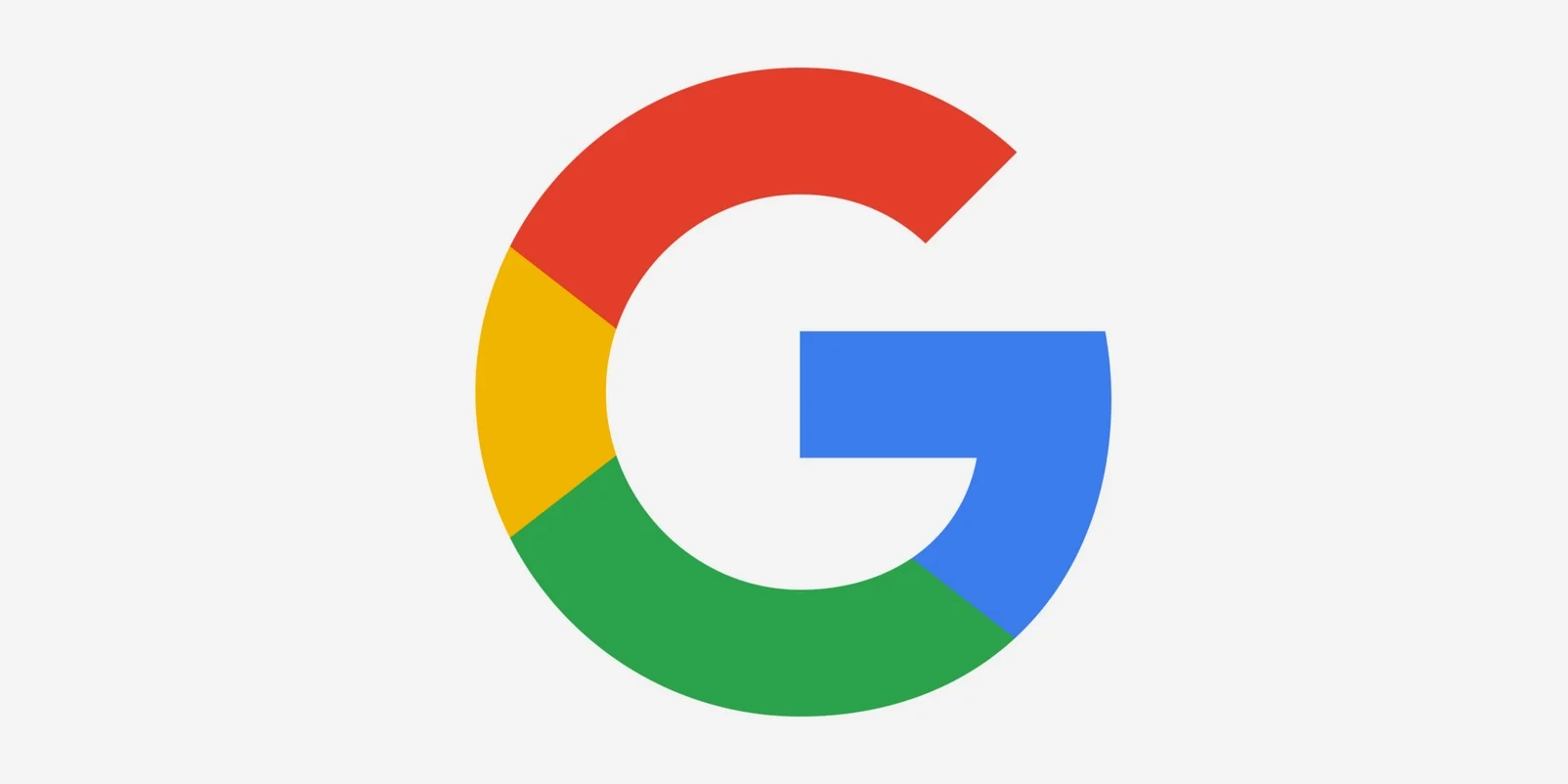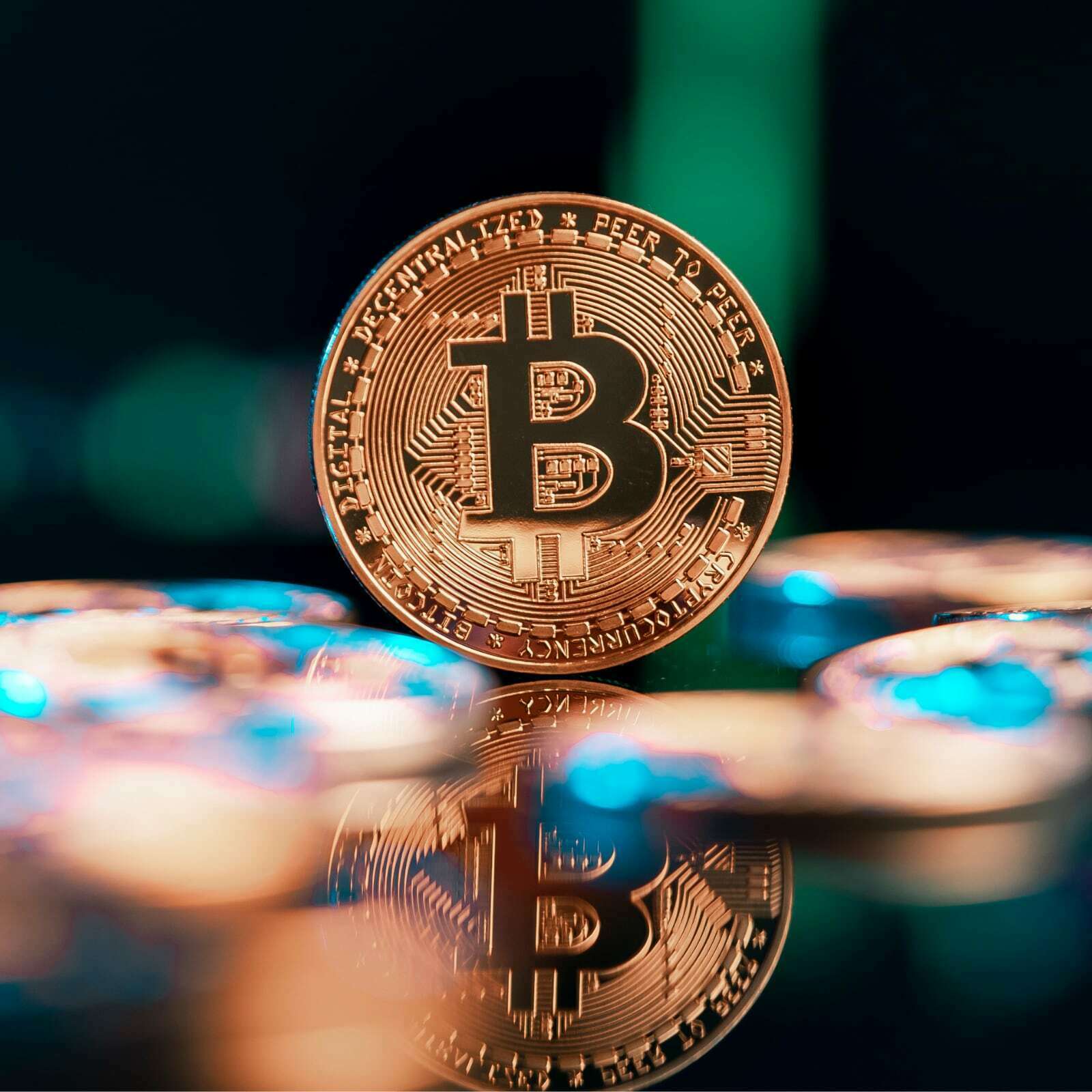Loopring: Unlocking the Potential of Decentralized Exchanges
Decentralized finance, often referred to as DeFi, has gained significant traction in recent years. It has revolutionized the traditional financial landscape by providing open and transparent platforms for various financial activities. One area that has seen substantial growth within the DeFi ecosystem is decentralized exchanges (DEXs). These platforms enable users to trade digital assets without the need for intermediaries, offering greater control, privacy, and security. To efficiently trade Bitcoin, you must use a reputable trading platform like Immediate Edge.
In this article, we will delve into the world of decentralized exchanges, with a particular focus on Loopring, a prominent player in the DeFi space. We will explore how Loopring is unlocking the potential of decentralized exchanges, providing users with a seamless trading experience while addressing some of the key challenges associated with traditional exchanges.
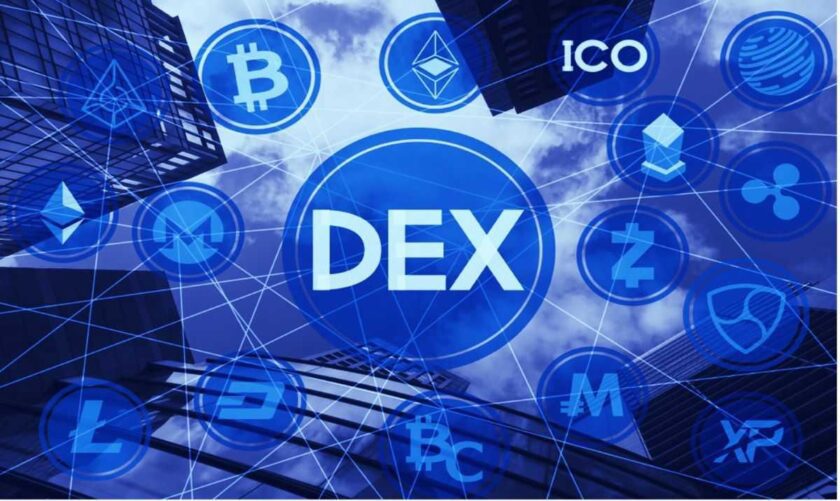
What are Decentralized Exchanges (DEXs)?
Decentralized exchanges, or DEXs, are platforms that facilitate the peer-to-peer trading of digital assets directly on a blockchain network. Unlike centralized exchanges, which rely on a centralized authority to manage transactions, DEXs operate in a decentralized manner, leveraging smart contracts to automate and execute trades.
By eliminating intermediaries, DEXs offer several advantages over their centralized counterparts. Firstly, they enhance user control over funds, as users retain sole custody of their assets throughout the trading process. Additionally, DEXs provide increased privacy, as users do not need to disclose personal information to participate in trading activities. Furthermore, the absence of a central point of failure reduces the risk of hacking or platform manipulation.
Introducing Loopring: Pioneering Decentralized Exchanges
Loopring is an innovative protocol that aims to revolutionize the way decentralized exchanges operate. Built on the Ethereum blockchain, Loopring introduces a unique scaling solution that combines the security of the Ethereum network with the high throughput of off-chain order matching.
The protocol leverages a concept called zkRollups, which allows multiple transactions to be aggregated and verified off-chain, significantly reducing gas fees and improving overall scalability. By batching transactions and submitting proofs to the Ethereum blockchain periodically, Loopring achieves a high level of efficiency without compromising security.
The Advantages of Loopring
Enhanced Scalability
One of the main challenges facing decentralized exchanges is the scalability bottleneck associated with operating directly on the blockchain. Loopring addresses this issue by utilizing zkRollups, enabling the protocol to process a large number of transactions off-chain while maintaining the security guarantees of the underlying blockchain.
Reduced Costs
Gas fees on the Ethereum network have been a significant concern for users and developers alike. Loopring’s zkRollup technology drastically reduces the cost of transactions by aggregating multiple trades into a single batch. This approach allows users to enjoy a more cost-effective trading experience compared to other DEXs.
Improved User Experience
Loopring offers a seamless and user-friendly trading experience. The protocol’s intuitive interface and integration with popular wallets ensure that users can easily access and navigate the platform. Additionally, Loopring’s efficient order matching and settlement process provides quick and reliable trade executions, enhancing user satisfaction.
Enhanced Security
Security is a crucial aspect of any financial platform, and Loopring prioritizes it by leveraging the security of the underlying Ethereum blockchain. By utilizing zkRollups, Loopring ensures that trades are executed with the highest level of security, providing users with peace of mind when engaging in decentralized trading activities.
Interoperability
Interoperability is a fundamental aspect of Loopring’s design and plays a crucial role in enhancing the overall functionality and user experience of the platform. In the context of decentralized exchanges and the broader DeFi ecosystem, interoperability refers to the ability of different protocols and platforms to seamlessly communicate and interact with each other.
Loopring’s interoperability feature enables users to access a diverse range of digital assets and liquidity pools beyond what is available within the Loopring ecosystem alone. This means that users can tap into a larger market and have access to a more extensive selection of cryptocurrencies and tokens for trading.
Conclusion
Decentralized exchanges have emerged as a disruptive force within the financial industry, and Loopring is at the forefront of this revolution. By leveraging zkRollups and innovative scaling solutions, Loopring addresses the scalability and cost challenges associated with traditional DEXs. The protocol’s commitment to security, user experience, and interoperability positions it as a leader in the decentralized exchange space.
As the decentralized finance ecosystem continues to evolve, Loopring’s advancements and contributions play a vital role in unlocking the full potential of decentralized exchanges. With its focus on scalability, cost efficiency, and user experience, Loopring is paving the way for a decentralized future, where individuals have full control over their financial activities.
Also Read, Troubleshooting Guide: How to Fix the “Last Line No Longer Available” iPhone Error
Follow us or bookmark us for more Technology Business Latest Pictures Entertainment News Celeb Bio box office collection report celebrities trailers and proms
